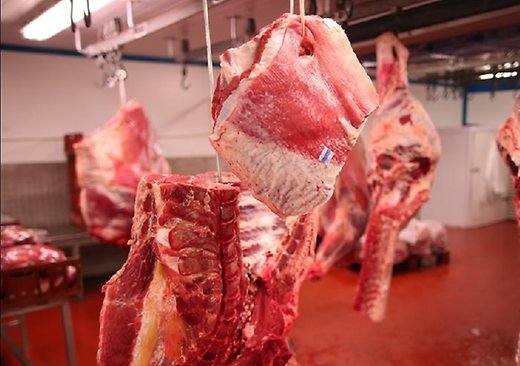

By: CHRISTOPHER F. SCHUETZE
Source: rendezvous.blogs.nytimes.com
The phrase “I could eat a horse” has acquired a new meaning in Europe, where horse DNA has been found in products labeled as beef on supermarket shelves.
As my colleague Harvey Morris reported last week, the horse meat scandal has already changed the buying habits of some people and is likely to change the way Europeans think about inexpensive meat for good.
The lead author on a scientific study on the environmental effects of food production suggests that eating a lot of meat severely harms the environment in ways we don’t usually think about.
The author, Mark Sutton, and his colleagues found that the natural nitrogen and phosphorus cycles are seriously affected by fertilizers used in farming and that the imbalance is causing a wide array of environmental problems, from aquatic dead zones to ozone depletion. The findings were published this week in the United Nations-sponsored study, Our Nutrient World.
According to the scientists, 80 percent of nitrogen-fertilizer pollution can be attributed to meat production.
This study comes on top of a well-publicized report that found meat production used 20 to 50 times more water than the production of vegetables.
Mr. Sutton, who is with the Natural Environment Research Council in Britain, said people in rich Western countries ate too much meat and could reduce their environmental footprint by cutting back. Mr. Sutton is advocating that people become demitarians — cutting their meat consumption in half.
“Eat meat, but less often — make it special,” Mr. Sutton told the media.



